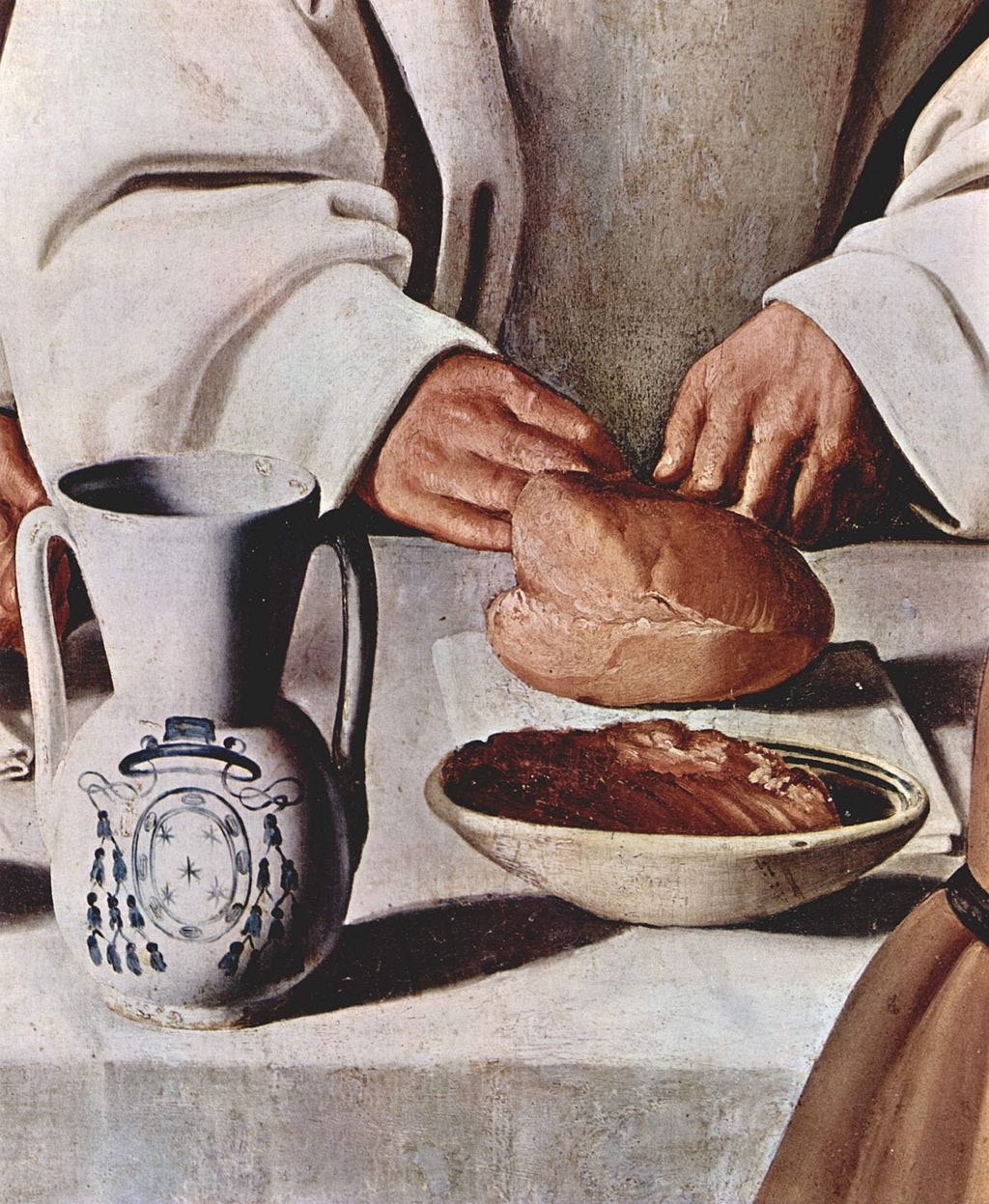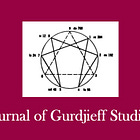
For full citations and meaning of abbreviations, see Introduction and Bibliography.
I continue from the post Economising Experiences, in the pursuit of what the strange Study House Aphorism regarding this can mean. Firstly, I am trying to fathom the sense of the word “experience” in Gurdjieff's use here, and I have proposed that he may be indicating the process or the possibility of receiving new impressions. Here is the aphorism again:
37. Man is given a definite number of experiences—economizing them, he prolongs his life.1
Experience is also related to proof, that is, personal, practical proof as opposed to hearsay. Interestingly, the words proof and proving go back in their etymology to “PIE *pro-bhwo- ‘being in front,’ ” which recalls the words often said by Jeanne de Salzmann in The Reality of Being (at least in translation of her original words), for instance, “to stay in front of the unknown” in order to be able to have an experience of reality.2 The new impression is really unknown, but we cheapen it because we think we know it. To experience the unknown, beyond automatic perception, one could say is to prove the moment. One could even picture this like the proving of dough, when it is to rest and rise before baking. The difference is that during the proving of the moment, it not only expands and rises in our consciousness, but the bread of self-awareness is baked at the same time, from the fire of simply staying there. Proving the moment, especially at difficult times can turn into a real inner roasting, as well as expansion of time and being.



